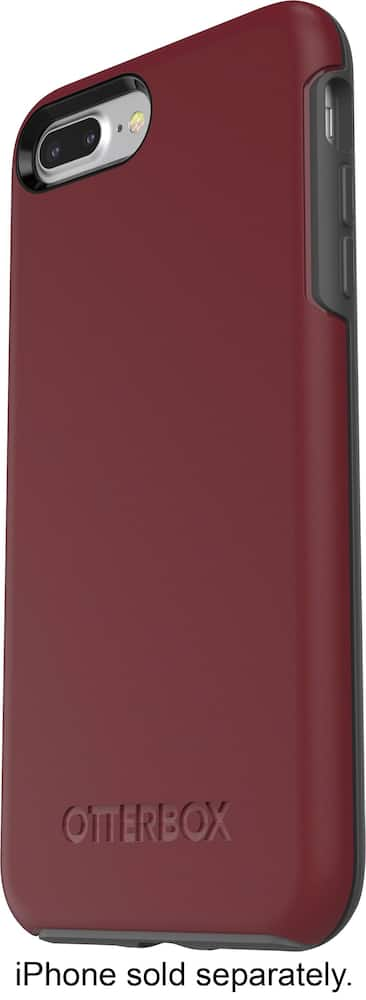


|
|
|
|
||
|
|
symmetry series case for apple iphone 7 and iphone 8 - gray/burgandySKU: EN-A10388
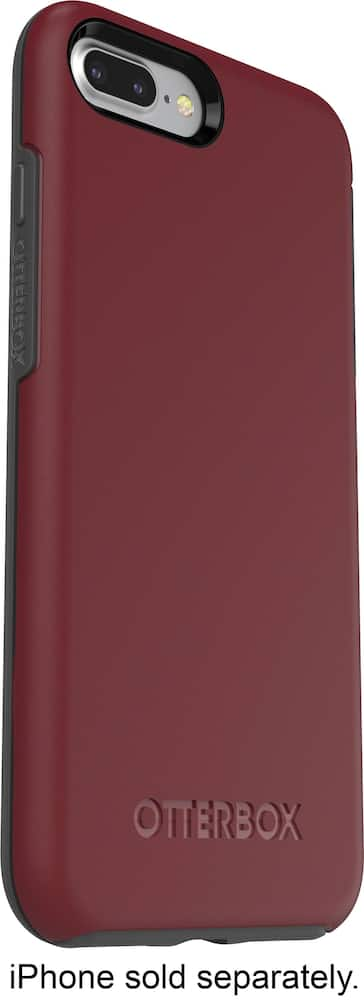
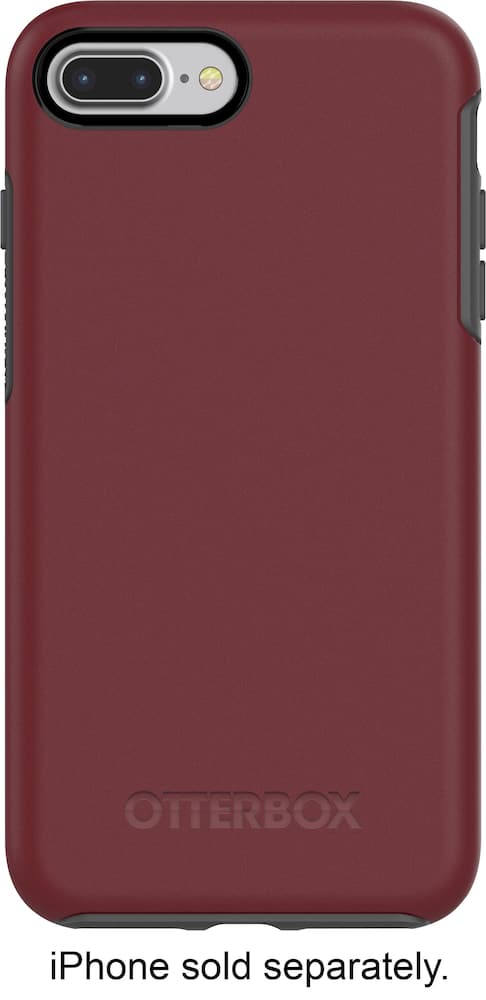
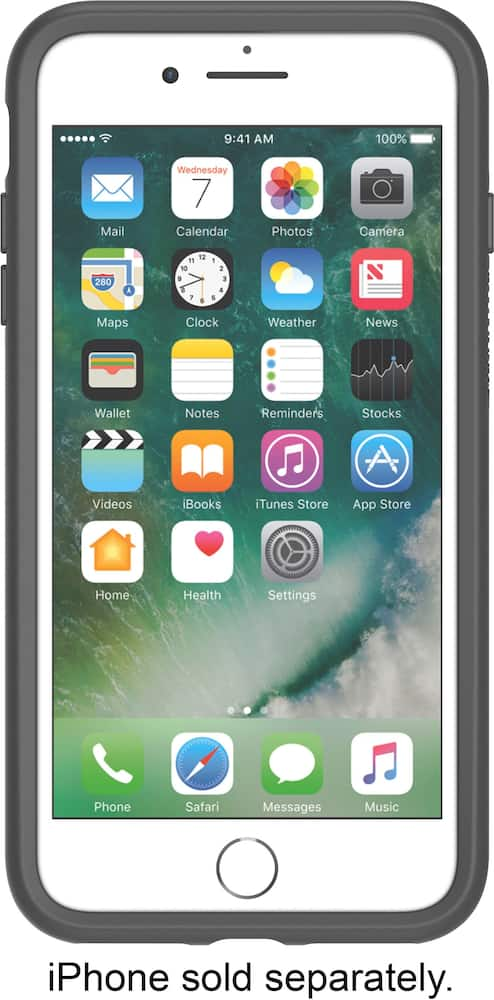
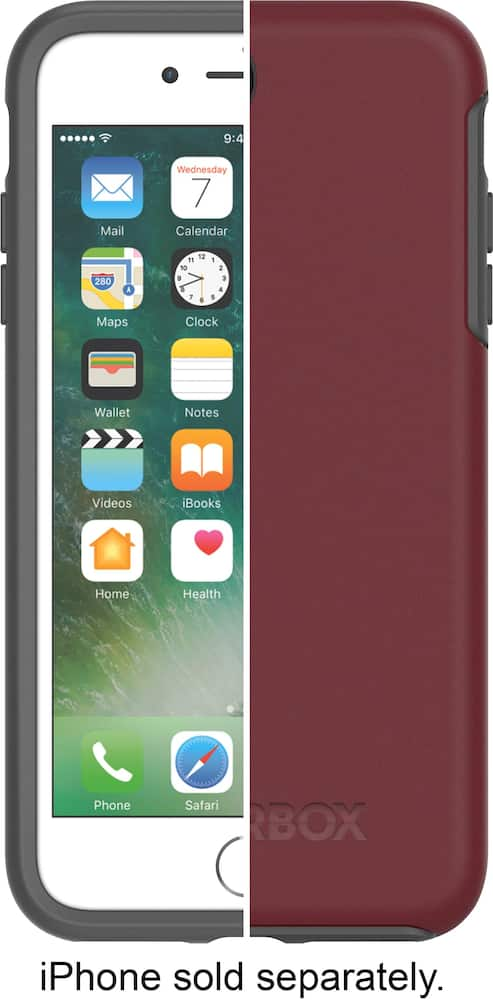
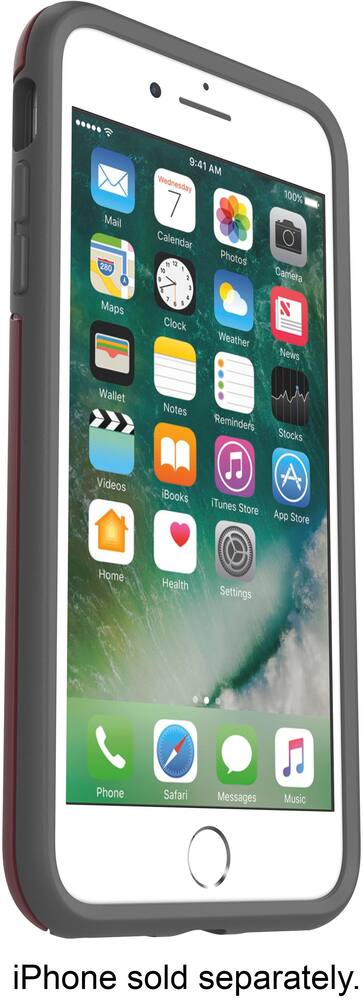

symmetry series case for apple iphone 7 and iphone 8 - gray/burgandyIt doesn't help that Microsoft has offered only vague messaging and hasn't said much about its plans. "It's certainly the latest indicator of how Microsoft's commitment to its smartphone business has waned over the last couple of years," Dawson said. Phones are supposed to the gateway to the consumer. But with Microsoft building a wide array of apps for iPhones and Android phones, clearly it doesn't have to be the one making them. The shedding of its basic phone business is the latest ripple from Microsoft's disastrous deal to buy Nokia's mobile operations. Redmond should get out of phones altogether. For Microsoft, the phone woes just keep coming, On Wednesday, the software titan said it would unload its low-end phone operations for $350 million to a Finnish startup and a unit of Chinese manufacturing giant Foxconn, which aims to revive the once popular Nokia consumer brand, Remember, Microsoft bought Nokia's mobile devices business for $7.2 billion (yes, billion) symmetry series case for apple iphone 7 and iphone 8 - gray/burgandy in 2014, Be respectful, keep it civil and stay on topic, We delete comments that violate our policy, which we encourage you to read, Discussion threads can be closed at any time at our discretion.. Fitbit announced Wednesday that it has acquired wearable payments technology from Coin, a company based in Silicon Valley that has focused on financial technology and consumer electronics. The deal includes some staff and technology, but excludes Coin's smart payment products, such as Coin 2.0, a device that stores multiple credit and debit cards. Consumers will likely have to wait to see payment functions added to their activity trackers, though. There are no plans to add the tech to Fitbit's 2016 product line. The team is instead focused on developing an NFC payment system for use in upcoming devices. Developed by New Jersey's TelTech, WhoApp recognizes calls from telemarketers, scammers and even annoying acquaintances you don't want to talk to, It then turns an unknown number into a name, profile picture, address and Google Street View of the location, WhoApp was developed in response to the growing problem of unwanted spam calls to cell phones, The top ranks of the Federal Communications Commission have symmetry series case for apple iphone 7 and iphone 8 - gray/burgandy publicly complained that the Do Not Call list, a national registry for consumers who don't want telemarketers calling them, isn't enough to stop these calls.. WhoApp shows you exactly who's calling when an unknown number pops up on your phone. "No one wants to get a call from Rachel from card member services, including me," Commissioner Jessica Rosenworcel said during a panel at the cable industry's annual trade show this week. TelTech has earned its bona fides in protecting privacy. The company won the Federal Trade Commission's 2015 anti-robocall competition with an app called RoboKiller, which lends some of its technology to WhoApp. "RoboKiller was purpose-built to combat robocalls," said Ethan Garr, co-founder and vice president of TelTech. "But we realized that the larger issue is not knowing who is calling."Here's how it works: When you decline to accept a call from an unfamiliar number, that number is sent to WhoApp. As the call is happening, the app quickly dials back the number and displays information identifying the caller.
|
|
|
|
||

| Site Map |
